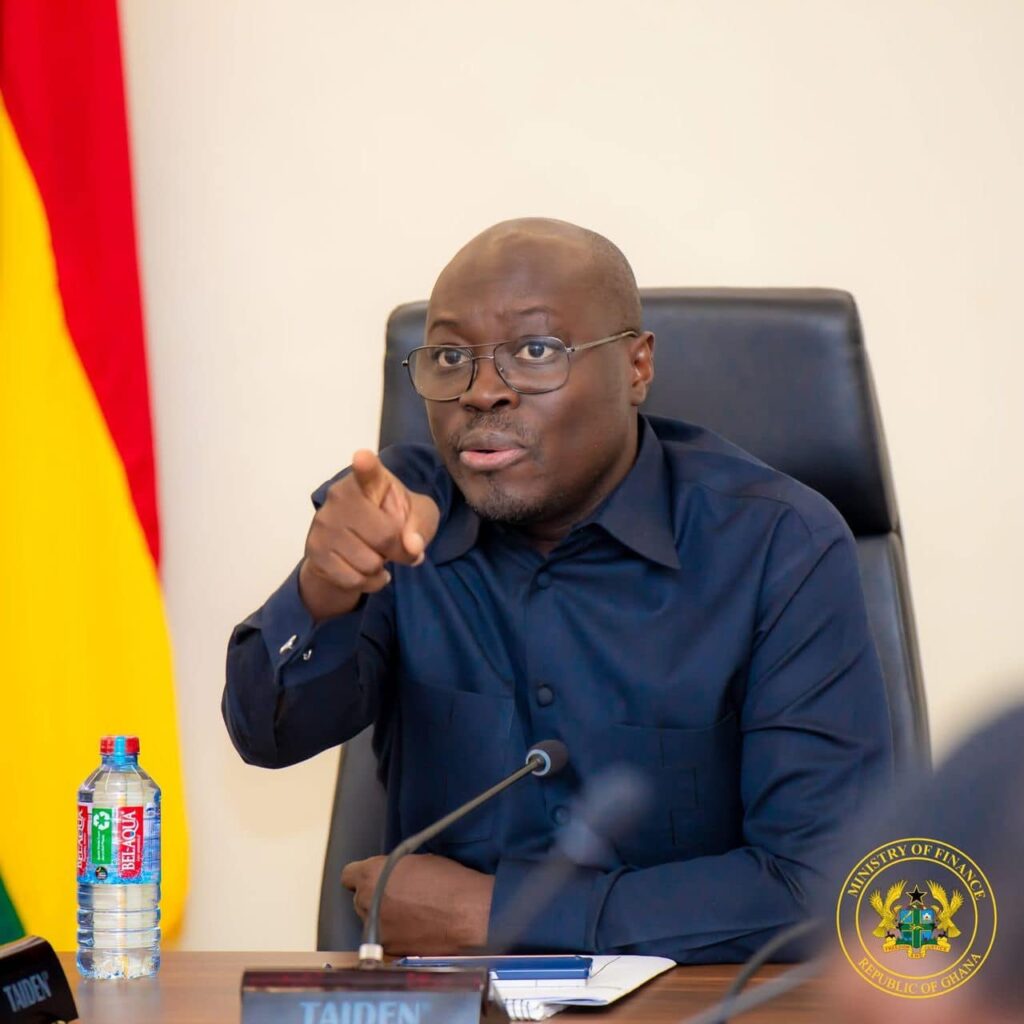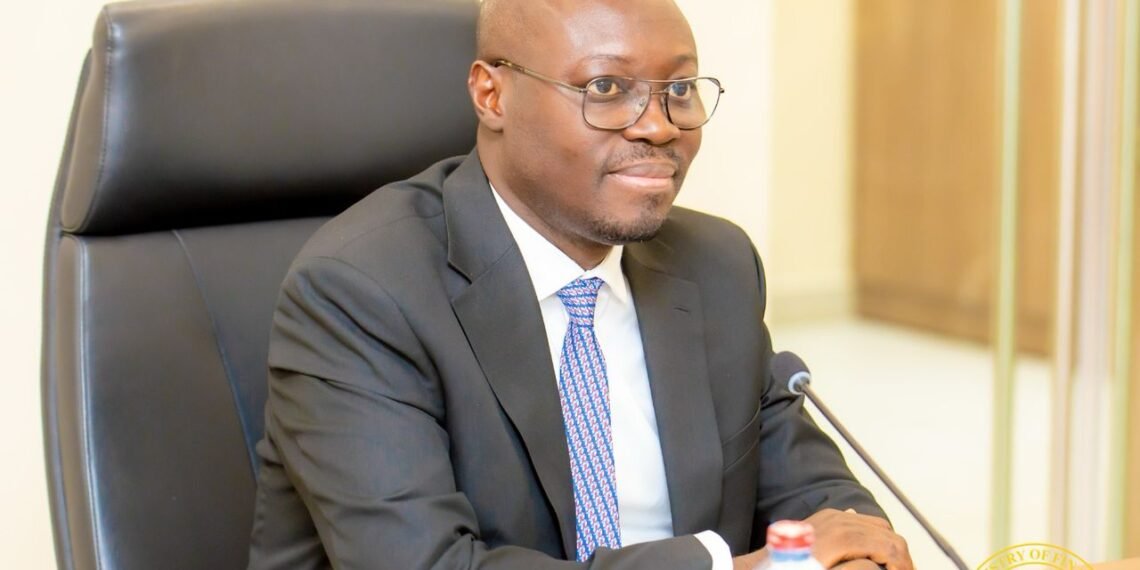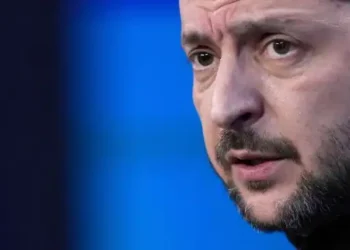Dr. Cassiel Ato Forson, Ghana’s Finance Minister, has defended his firm stance against the widespread practice of awarding public contracts in United States dollars, declaring it a significant risk to the country’s fiscal stability and a practice that must stop.
Speaking in a post-budget review interview following the presentation of the 2025 Mid-Year Budget Review to Parliament, Dr. Forson underscored his intent to ensure all local contracts funded by public loans are awarded strictly in Ghana cedis.
The Finance Minister expressed concern that the award of contracts in foreign currencies has become endemic in Ghana’s public sector, with roads, sea defense, and other infrastructure projects being priced in dollars even when the input materials are sourced locally.
“Why were people awarding contracts in dollars? I mean, it’s also a sudden and endemic practice in this country. You see, even sea defense walls—the normal sea defense walls that you see—they award them in dollars.”
Dr. Cassiel Ato Forson, Ghana’s Finance Minister
Dr. Forson questioned the rationale for such foreign-denominated contracts, especially when the bulk of materials used are sourced locally and are priced in cedis.

“What are the materials that constitute the construction of a sea defense wall? I think rocks? Do they import rocks for it to be in dollars? In fact, rocks and mesh. That’s what they use, and sand. Yet, they denominate it in dollars”.
Dr. Cassiel Ato Forson, Ghana’s Finance Minister
As part of government’s response, Dr. Forson announced that all contracts funded by loans—whether from multilateral or commercial sources—will henceforth be awarded in cedis.
He made it clear that while Ghana may borrow in foreign currencies, the disbursement to contractors must reflect confidence in the country’s own currency.
“If I’m going to take a loan from AFDB or from any commercial source, from the World Bank, and it is a loan that I will pay back, are you saying that I should not be able to say that I want it awarded in the Ghana cedi but it should be in dollars?
“No. Simply no,You can’t do that in South Africa. You can’t. You can’t do that in a lot of other middle-income countries. It is never done. We are too liberal.”
Dr. Cassiel Ato Forson, Ghana’s Finance Minister
Donor-Funded Projects
Dr. Forson further explained that while donor-funded projects often come with attached contractors and procurement conditions—especially grants—the same cannot be said for loans, which Ghana is obliged to repay.
“Unless it is a grant that the host nation or the grant country would choose their contractor and award that ‘go and do something in your country,’ that obviously you have nothing to say. But when it is a loan, I have a responsibility to say, ‘You, if you want to work for me, then believe in my currency.”.
Dr. Cassiel Ato Forson, Ghana’s Finance Minister
To demonstrate the shift in policy, the Minister cited a recent project in the Volta Region as a precedent. “The sea defence wall that we are constructing in Blekusu in the Keta Municipal area—we awarded the contract in cedis for the first time. And not only that, you will see a lot now going forward,” he said.

According to Dr. Forson, several recent road infrastructure projects were inappropriately awarded in dollars, citing examples such as the Kasoa-Winneba stretch, the Nsawam highway, and the Takoradi to Agona Nkwanta road. “Almost all roads contracts in the recent past were given in dollars. Every contract they awarded in dollars,” he lamented.
The new directive, he indicated, will reverse this trend and restore discipline to the government’s contracting process. In his view, Ghana’s economy cannot continue to suffer from the inflationary and exchange rate pressures that result from paying local contractors in foreign currency.
The Finance Minister emphasized the need to protect the value of the cedi and reinforce its role as the legal tender within Ghana’s borders.
The move is also expected to encourage greater stability in government expenditure forecasting and help manage the public debt more effectively. Contracts awarded in foreign currency often escalate in cost due to exchange rate fluctuations, burdening the national budget.
Dr. Forson’s strong words reflect a growing determination within the government to assert fiscal discipline and reorient public financial management practices.
By insisting on local currency contracting for state-funded projects, the Finance Ministry is aiming to not only curb currency risk exposure but also promote confidence in the Ghana cedi.

As the government seeks to rebuild macroeconomic stability following years of turbulence, this policy shift signals a return to greater oversight and accountability in how public contracts are managed.
The Finance Minister’s directive will likely compel ministries, departments, and agencies to realign their procurement practices, ensuring they reflect Ghana’s national interest and economic resilience.
READ ALSO: Heath Goldfields Pays GHS 80 Million in Legacy Salaries to Revive Bogoso-Prestea Mine



















